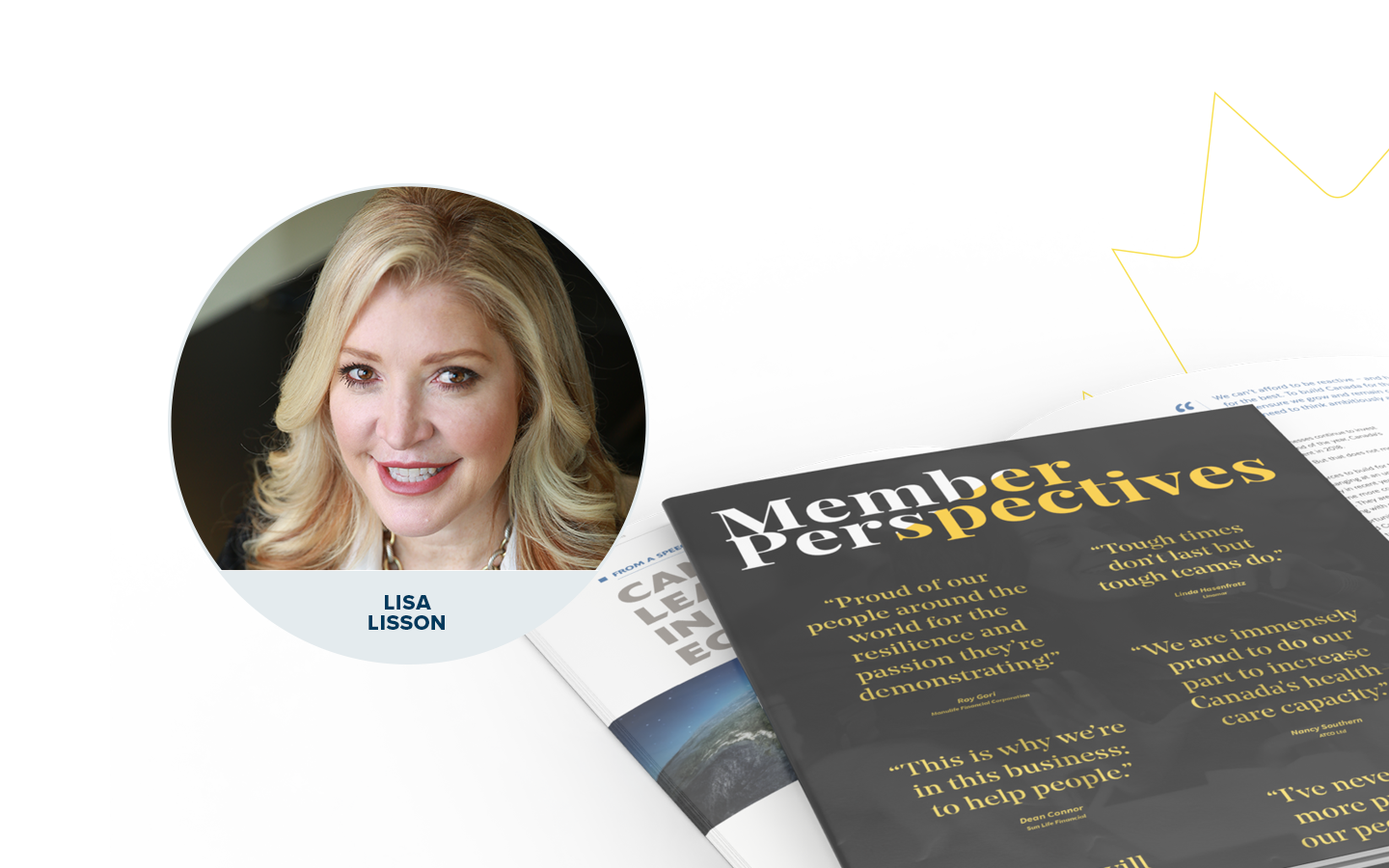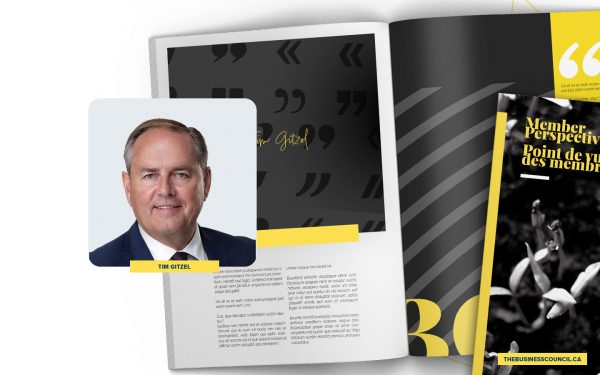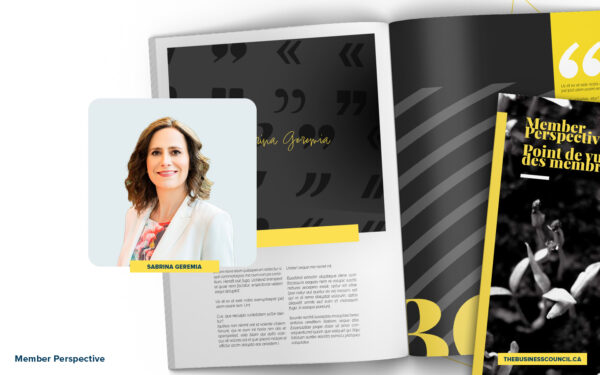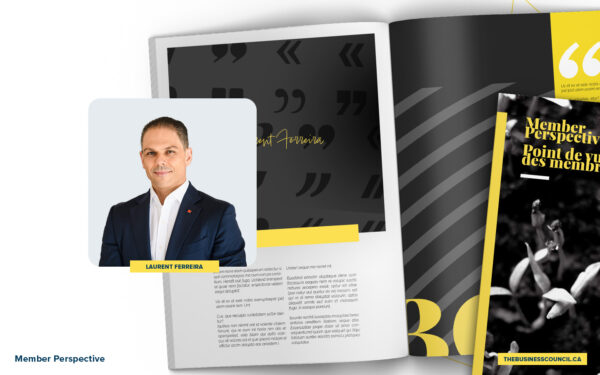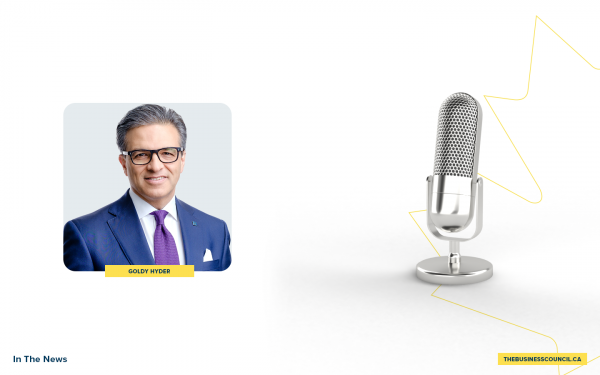We need to deliver gender equality in the workplace
International Women’s Day is a day that always leaves me inspired as I see Canadian business leaders rally together for an important cause – workplace equality. However, there’s more that we can and should be doing.
When it comes to gender equality in the workplace, we are failing. As a nation, we aren’t delivering on the rate of change we have promised.
A recent sample of 641 public companies in Canada found that only 4 per cent of CEOs were women, and just five per cent of board chairs were women. Imagine if the Canadian population was only 4 per cent women – obviously, to say it’s not enough is an understatement.
Clearly, it’s time for real, measurable change. And the theme for this International Women’s Day, “Each for Equal,” speaks directly to the need for improvement and how we – men, women, businesses and society – can all contribute to change and most importantly, how we are able to affect change at an individual level.
While every person can and should contribute to change, business leaders remain critical to being able to unlock a faster rate of change.
By business leaders, I’m referring to everyone in a leadership role, from manager through to chairperson. And, with 2018 research showing that women make up only 10% of the C-suite amongst Canada’s 100 largest publicly traded corporations, this change is something that must be driven by men and women alike. I’m proud to say that at FedEx Express Canada, we have a 50/50 gender split among our leadership team – with 12 women on our 24-person executive team in Canada. However, it doesn’t end there.
As leaders, our role in change extends beyond the workplace, to ensure that we are helping to mentor and nurture rising talent – not only to set up future generations for success, but to instill up and coming talent with insights and learnings to help overcome barriers that have existed within our own careers. Whether it be through participating in networking events and attending industry meet ups or simple coffee chats through to more formal mentoring programs – all are powerful ways to mentor and build the next generation of diverse talent. I am a firm believer that it is the responsibility of all of those who are in leadership positions to set an example that the rest of their organizations follow when it comes to building diverse teams and making equality the rule, not the exception.
Within the workplace, this diverse talent pool translates to an increased understanding of the end user/customer. Leaders must be able to look closely at themselves and their teams and ask the question, “Do we really understand these audiences?”. If the answer to this question isn’t an immediate ‘yes’, it is imperative that they explore ways they are able to create change – more often than not, the solution is bringing more people with diverse thinking and backgrounds into their team, to better represent and understand the vast array of motivators that shape your customer.
At FedEx Express Canada, we encourage two-way conversations amongst our own employees and an ongoing dialogue amongst people at all levels of the organization on this important issue. To that end, our employees came together to share their thoughts on gender equality this International Women’s Day. These videos shed light on what equality means to our team. For example, you’ll hear from our Operations Manager, Rajvinder Bhangu, who spoke about how she was inspired and motivated to put her name forward for a traditionally male-dominated role, not intimidated.
This attitude is so refreshing and speaks to where we should be headed. Ultimately, your career is yours to steer and starts with being your own biggest advocate and believing in yourself. Stepping outside your comfort zone to overcome these fears isn’t something that comes naturally to a lot of people. This is where the value of mentoring comes in. Developing confidence, especially when it comes to professional confidence, often takes time to develop and is something that mentors play a critical role in. In many of my discussions with mentees, I often remind people to think of the worst-case scenario – if you’re afraid to go into a traditionally male-dominated role or you’re not sure you have all of the qualifications, the worst that can happen is that you won’t get the role. That’s a risk that anyone should be comfortable to take.
This International Women’s Day don’t stop at contributing to the conversation – think about how you can contribute to improving the rate of change towards gender parity within the workplace. It’s up to all of us.







